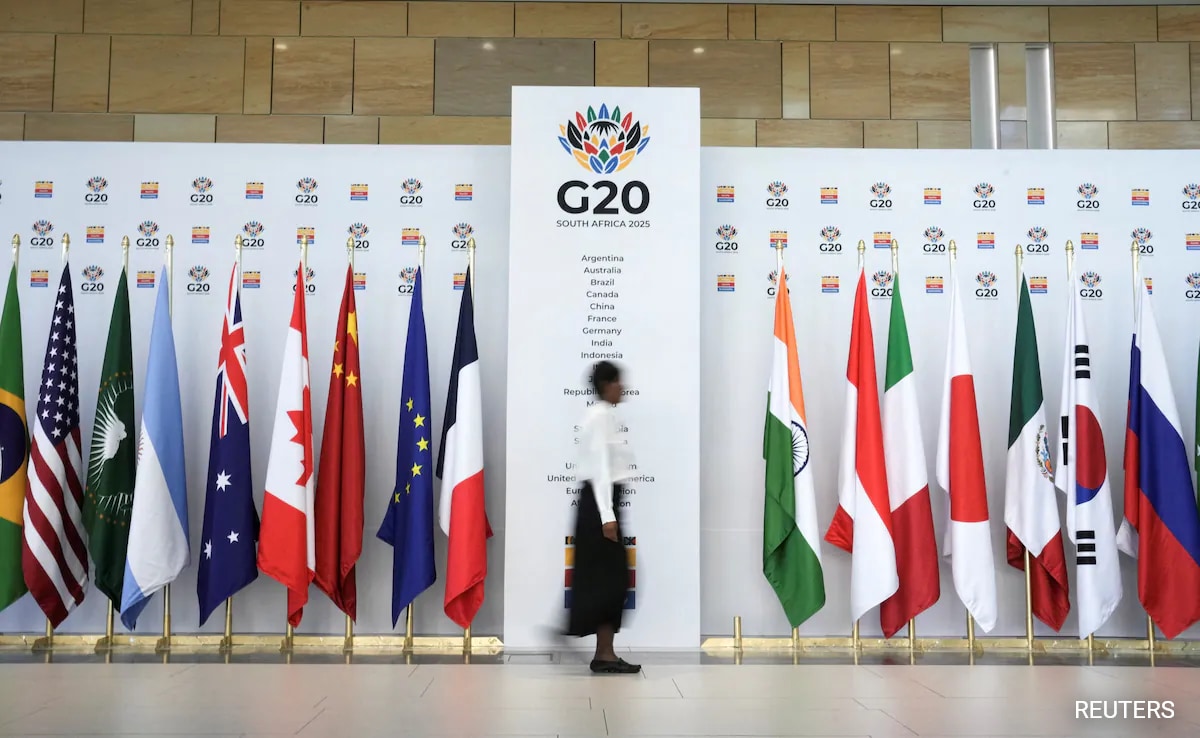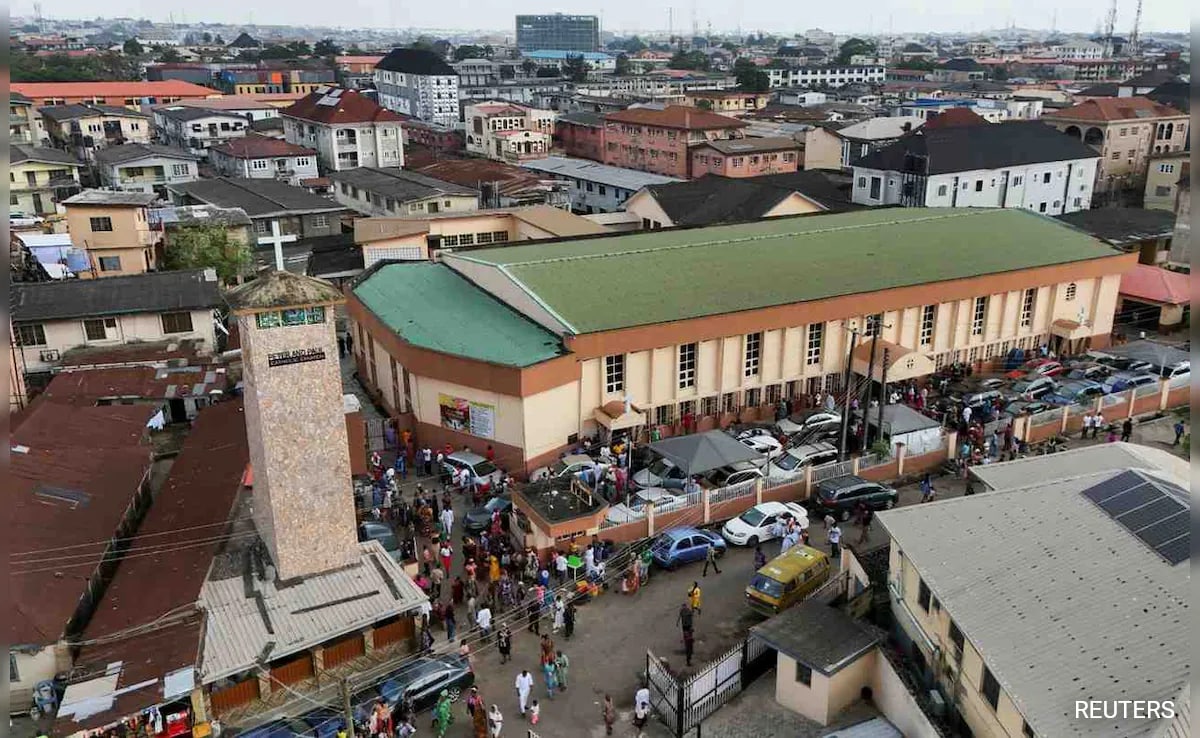The military has seized control of Guinea, dissolved its government and sealed the borders, Doumbouya said, citing “the trampling of the rights of citizens” and “the disrespect of democratic principles” as motivations.
Military officers repeated the takeover claim on national television with Guinea’s red, green and yellow flag draped on their shoulders, adding that they planned to forge a transition government.
Condé, 83, took office 11 years ago in the country’s first democratic election since independence from France in 1958. He pledged to steer the nation of roughly 13 million out of a culture of corruption that had shaped decades of authoritarian rule.
But Condé sparked deadly riots last fall after he sought a third term in what critics blasted as defiance of Guinea’s constitution. He argued that law changes under his tenure — engineered by his own government — had reset the clock on his allowed number of terms.
On Sunday, photos and video circulating on WhatsApp showed the president flanked by men in military fatigues. A silent Condé, wearing jeans and a tie-dye dress shirt, kept his gaze from the camera.
Several soldiers and the president’s bodyguards died in the clashes, local media reported.
By midday, video footage from Conakry captured people cheering as trucks carrying troops rumbled down the streets. “Bravo!” some onlookers shouted. “Bravo! It’s done!”
It was unclear where the troops were holding Condé. His office made no statements, and government officials did not respond to requests for comment.
The tumult in Guinea comes about three months after military officials in neighboring Mali carried out a second coup d’etat in less than a year.
The Malian military official who ousted both presidents, Col. Assimi Goïta, had attended several U.S. military training events on American and West African soil.
Doumbouya, who has led Guinea’s special forces since 2018, also participated in a U.S. exercise in Mauritania two years ago focused on fighting terrorism. He praised the “sharing experience” in a 2019 interview.
Guinea’s military last grabbed power in 2008 after the death of President Lansana Conté, the country’s second leader in the post-colonial era — an army officer who’d led the country with an authoritarian fist since the mid-1980s.
Conté himself had seized control in a coup backed by Guinea’s troops.
Bah reported from Conakry.
.png)











 English (United States) ·
English (United States) ·  Turkish (Turkey) ·
Turkish (Turkey) ·